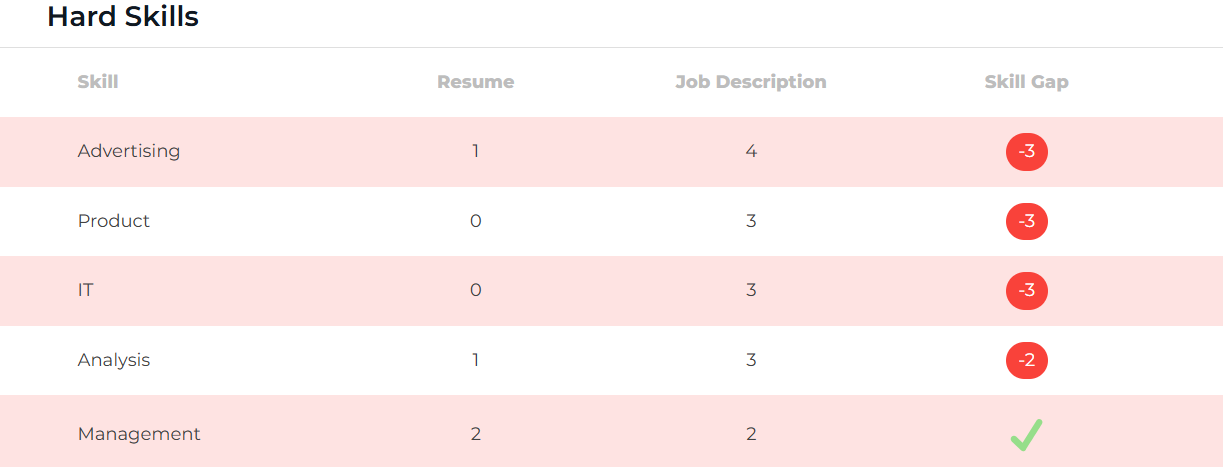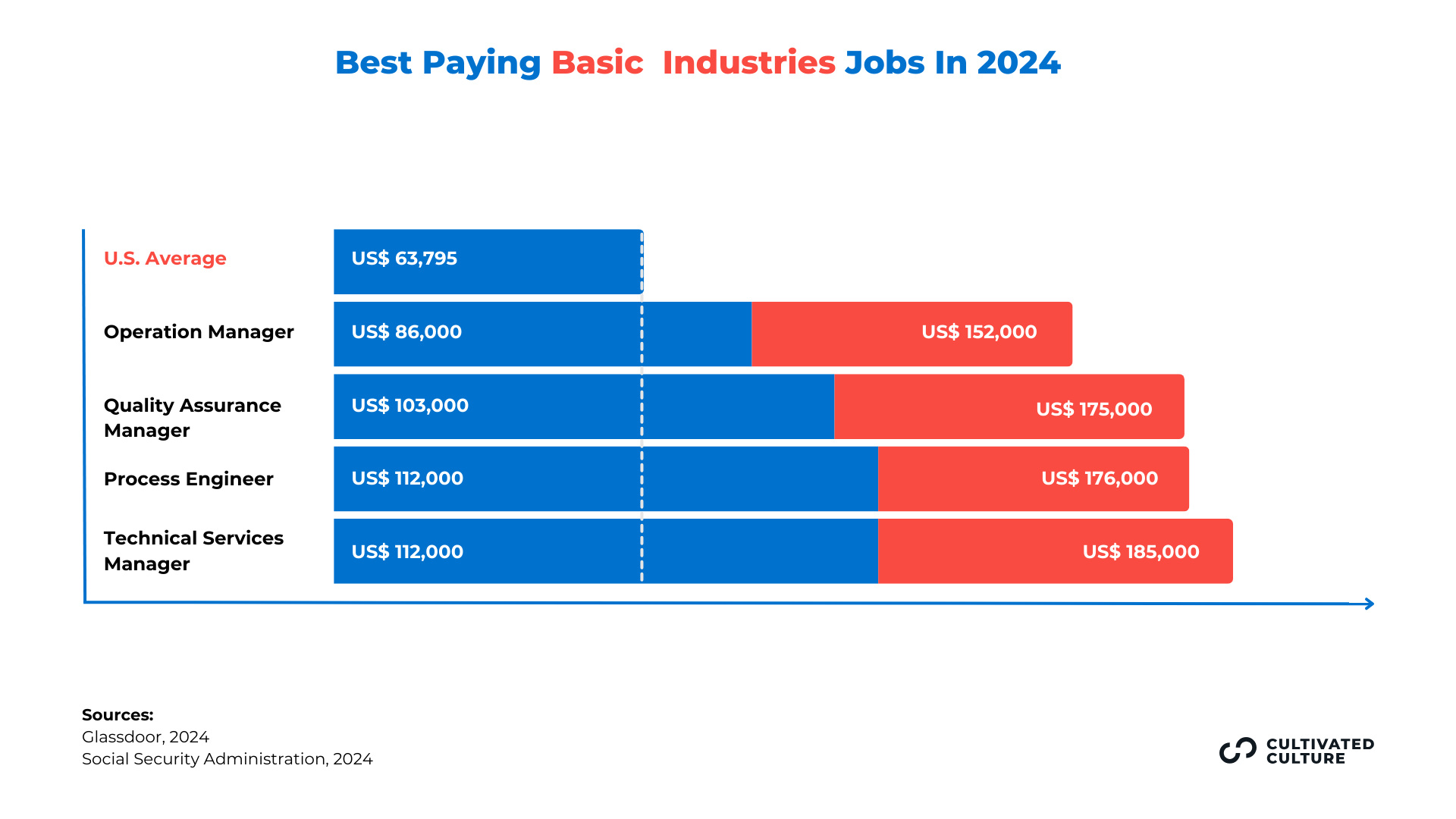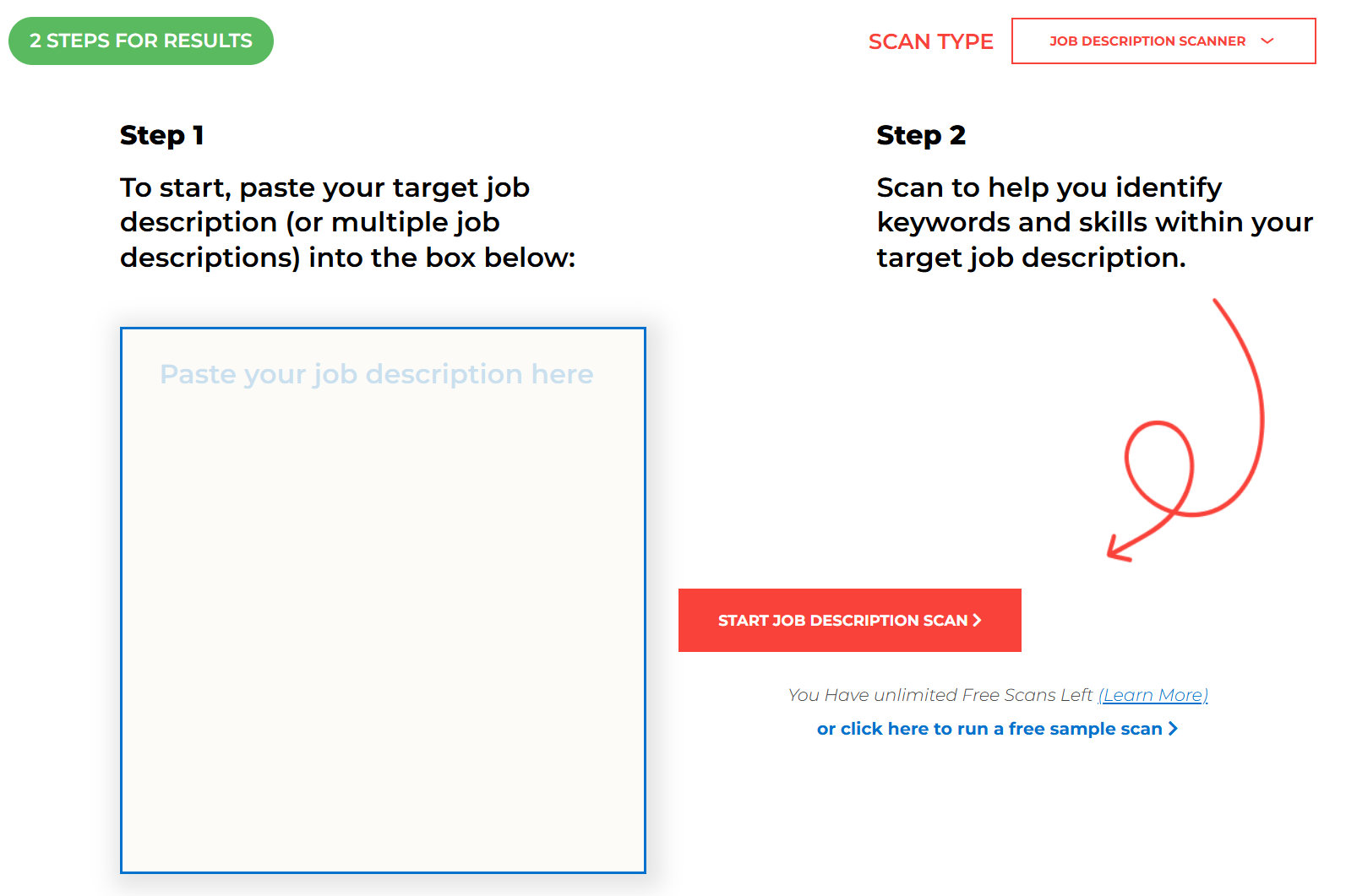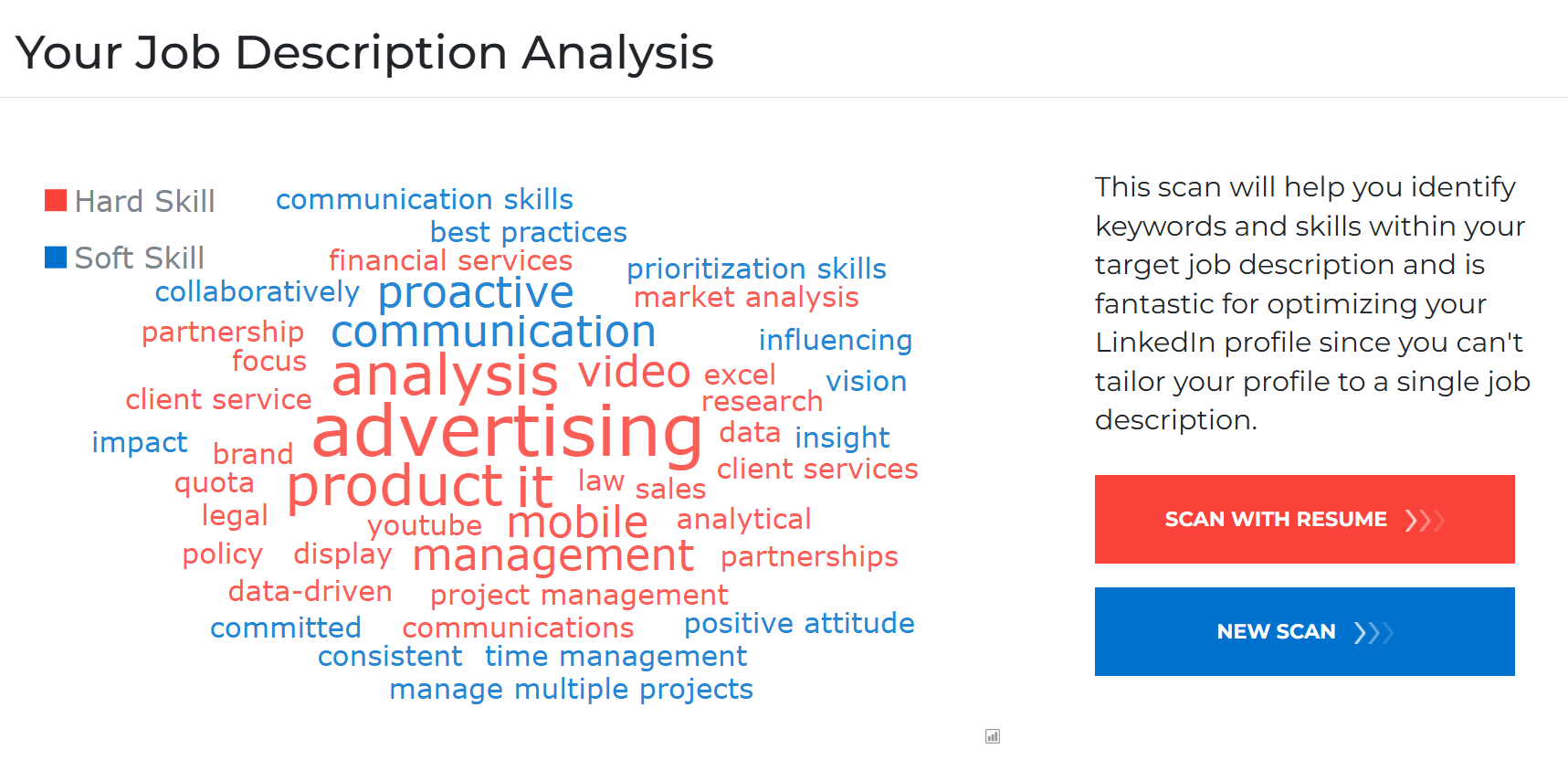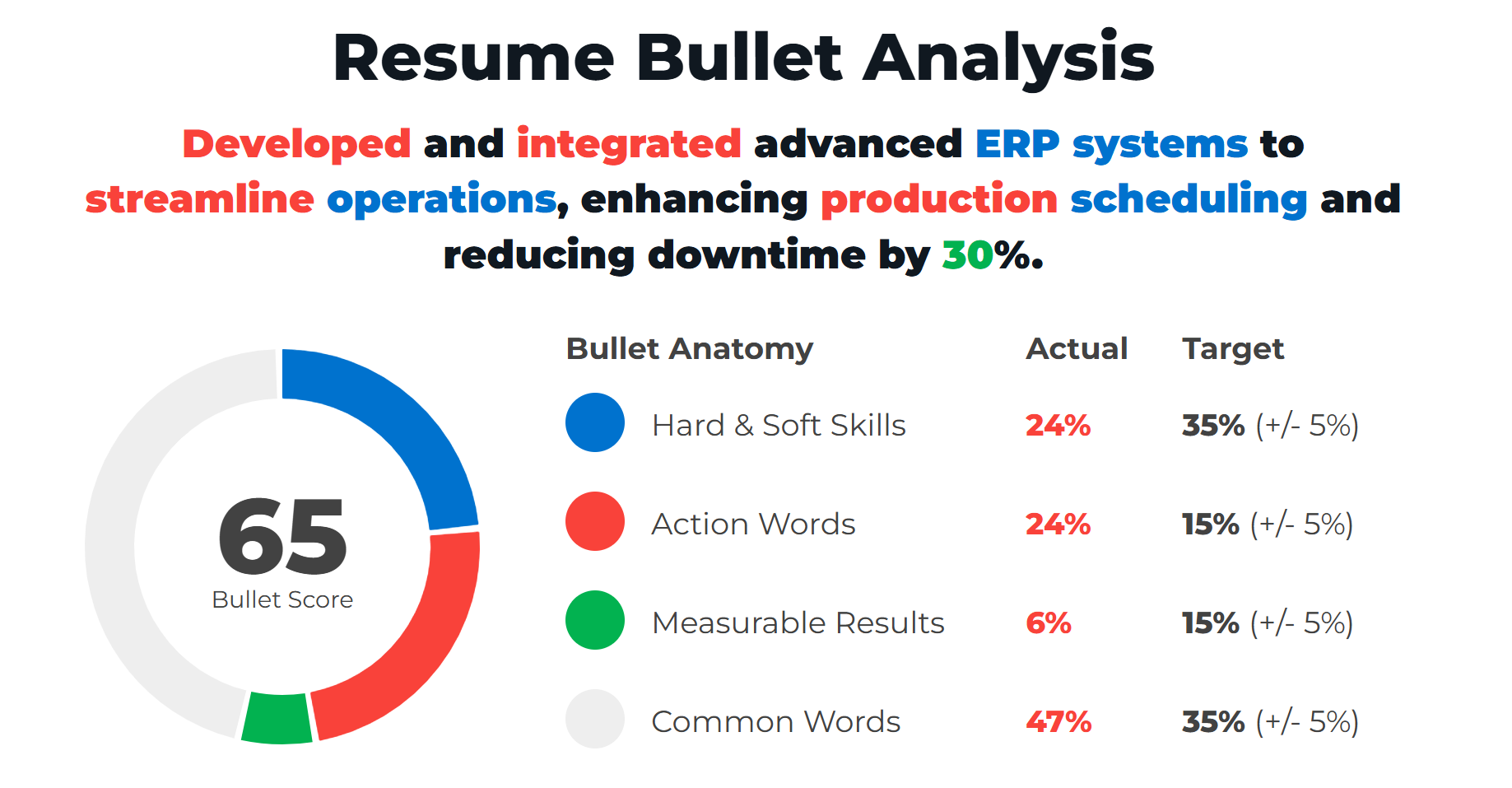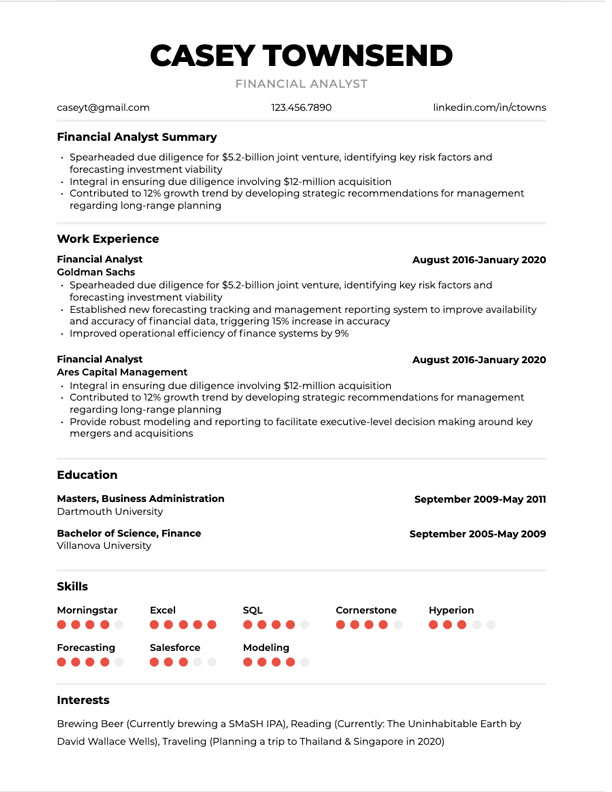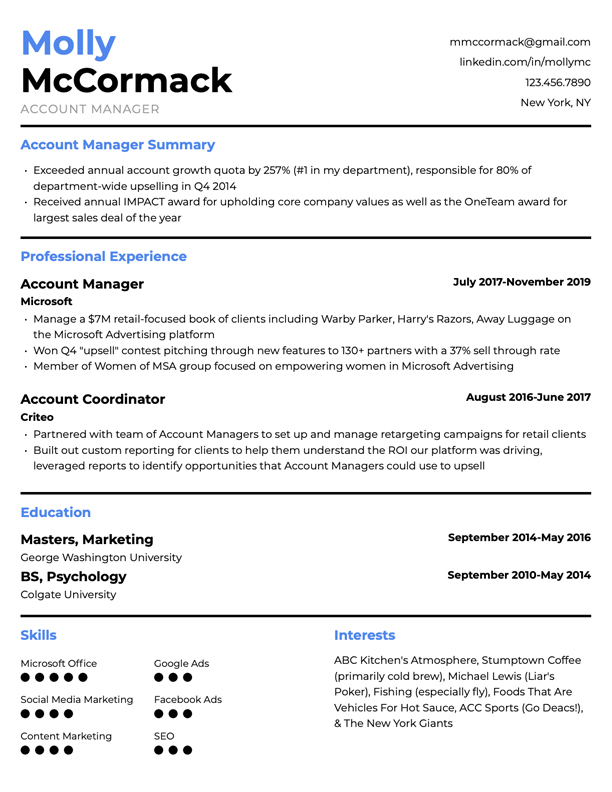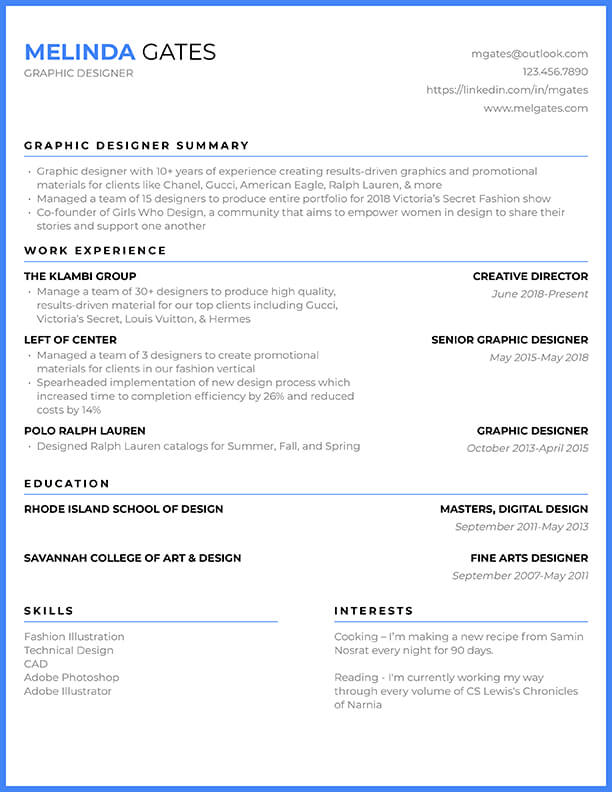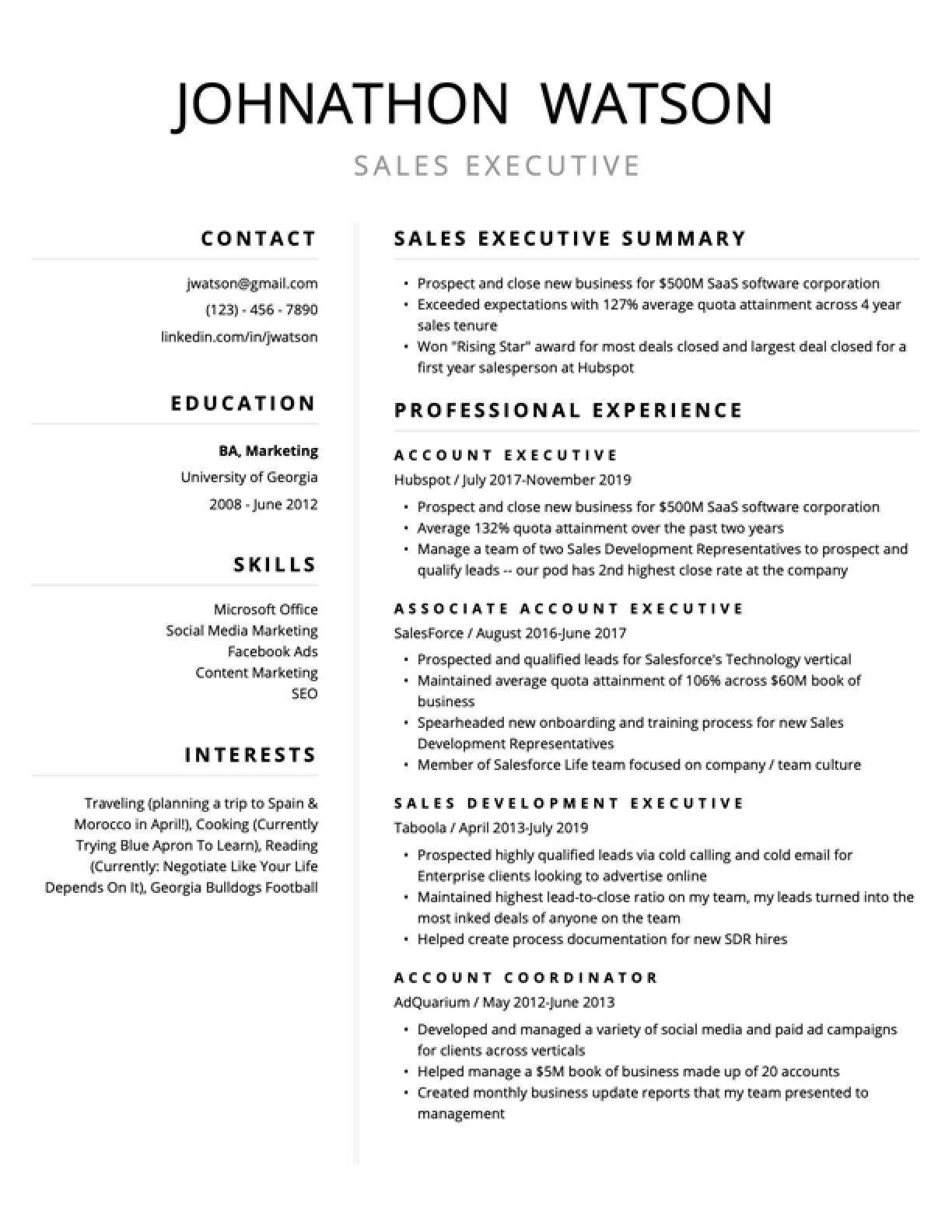If you’ve landed in this article, you probably have tons of questions about working in basic industries and are wondering if this is a career path worth pursuing.
The good news is, whether you’re an entry-level professional or well into another industry looking for a career change, this article is for you!
In this article, we’ll be approaching topics like:
- What Are Basic Industries?
- What Companies Are In The Basic Industries Field?
- What Are The Job Options In Basic Industries?
- What Are The Skills Needed For Basic Industries?
- What Do Basic Industries Jobs Pay?
- Is Basic Industries A Good Career Path? (Our Verdict)
- How To Build A Job-Winning Basic Industries Resume
Let’s dig in!
What Are Basic Industries?
Basic industries are sectors that produce goods and services that serve as the foundation for other industries (like construction, transportation, utilities, and more). These sectors include agriculture, mining, forestry, fishing, and manufacturing.
In a nutshell, basic industries extract raw materials, process them, and create products that are essential for the operation of other sectors.
What Companies Are In The Basic Industries Field?
Many companies across different sectors operate in basic industries. Here are some examples from different industries:
- Mining: Companies like BHP Group and Rio Tinto, which extract essential minerals and metals used in various industries.
- Agriculture: Companies like Archer Daniels Midland and Cargill, which are involved in the production and processing of agricultural products.
- Forestry: Companies like Weyerhaeuser and International Paper, which manage forest resources and produce wood and paper products.
- Fishing: Companies like Marine Harvest and Nippon Suisan Kaisha, which focus on the harvesting and processing of seafood.
- Manufacturing: Companies like Dow Inc. and DuPont, which produce chemicals and materials used in a wide range of products.
- Energy: Companies like ExxonMobil and Chevron, which extract and refine oil and gas for energy and industrial uses.
- Utilities: Companies like NextEra Energy and Duke Energy, which provide essential services like electricity and natural gas.
- Metals: Companies like Nucor and ArcelorMittal, which produce steel and other metals used in construction and manufacturing.
- Chemicals: Companies like BASF and LyondellBasell, which produce industrial chemicals and plastics.
These companies are integral to the economy, providing the raw materials and basic products necessary for other industries to thrive.
What Are The Job Options In Basic Industries?
When looking for jobs in basic industries, you can either work in roles within the industry – for example, taking a finance position in a company that operates within the sector – or take a position that is directly associated with the field.
In this section, we’ll cover the most common job options in the field.
Jobs In Production and Operations
Production and Operations roles are aimed at overseeing the extraction and processing of raw materials. The most common roles in this area are:
- Production Worker (Entry-Level): Involved in the hands-on production process, operating machinery, and handling materials.
- Production Supervisor (Mid-Level): Manages a team of production workers, ensuring efficient and safe operations. Production Workers can often progress into a Production Supervisor role.
- Operations Manager (Mid-Senior Level): Oversees the entire production process, optimizing operations and managing resources. Production Supervisors can often progress into an Operations Manager role.
Jobs In Engineering and Technical Services
Engineering and Technical Services roles focus on the technical aspects of production, ensuring efficiency and innovation. The most common roles in this area are:
- Field Engineer (Entry-Level): Works on-site to maintain and troubleshoot equipment and processes.
- Process Engineer (Mid-Level): Develops and optimizes production processes, often requiring specialized knowledge in engineering. Field Engineers can progress into a Process Engineer role with additional technical expertise.
- Technical Services Manager (Mid-Senior Level): Leads technical support teams, ensuring effective solutions to engineering challenges. Process Engineers can progress into a Technical Services Manager role.
Jobs In Environmental and Safety Management
Environmental and Safety Management roles ensure compliance with regulations and promote sustainable practices. The most common roles in this area are:
- Safety Officer (Entry-Level): Monitors and enforces safety protocols to protect workers and the environment.
- Environmental Engineer (Mid-Level): Develops strategies to minimize environmental impact, often requiring specialized knowledge in environmental science. Safety Officers can progress into an Environmental Engineer role with additional training.
- Safety and Environmental Manager (Mid-Senior Level): Oversees safety and environmental programs, ensuring compliance and sustainability. Environmental Engineers can progress into a Safety and Environmental Manager role.
Jobs In Quality Control and Assurance
Quality Control and Assurance roles focus on maintaining high standards in production. The most common roles in this area are:
- Quality Control Inspector (Entry-Level): Inspects products and processes to ensure they meet quality standards.
- Quality Assurance Specialist (Mid-Level): Develops and implements quality assurance protocols, requiring a thorough understanding of industry standards. Quality Control Inspectors can progress into a Quality Assurance Specialist role.
- Quality Assurance Manager (Mid-Senior Level): Manages quality assurance programs, ensuring consistent product quality. Quality Assurance Specialists can progress into a Quality Assurance Manager role.
These roles are essential for the efficient and sustainable operation of basic industries, ensuring the production of high-quality raw materials and products.
What Are The Skills Needed For Basic Industries?
Learning the skills required for each position in basic industries is super important. Not only because you might need to work on your skill gaps, but also because you might have well-developed skills you can leverage to take a new role.
Here are the required skills for the most common roles in basic industries:
Entry-Level Roles (e.g., Production Worker, Field Engineer):
- Attention to Detail: The ability to carefully follow procedures and notice small details.
- Mechanical Aptitude: Basic understanding of machinery and tools.
- Physical Stamina: The ability to perform physical tasks and work in various environments.
- Safety Awareness: Understanding and following safety protocols to prevent accidents.
- Teamwork: The ability to work well with others and contribute to a team environment.
Mid-Level Roles (e.g., Production Supervisor, Process Engineer):
- Leadership: The ability to lead, motivate, and manage a team.
- Problem-Solving: Advanced problem-solving skills to address production issues efficiently.
- Technical Knowledge: In-depth understanding of production processes, machinery, and industry-specific technology.
- Communication: Strong verbal and written communication skills to interact with team members and management.
- Project Management: The ability to plan, execute, and oversee projects within the production environment.
Mid-Senior Manager Roles (e.g., Operations Manager, Technical Services Manager):
- Strategic Thinking: The ability to develop and implement strategies that align with the company’s long-term goals.
- Data Analysis: The ability to analyze performance metrics, production data, and other information to improve operations.
- Leadership: Strong leadership skills to manage large teams and complex operations.
- Communication: Excellent verbal and written communication skills to effectively interact with stakeholders.
- Resource Management: The ability to manage resources, including personnel, equipment, and materials, to optimize production.
Mid-Senior Technical Roles (e.g., Environmental Engineer, Safety and Environmental Manager):
- Technical Expertise: In-depth knowledge of environmental regulations, safety protocols, and industry standards.
- Problem-Solving: Advanced problem-solving skills to address environmental and safety challenges.
- Analytical Skills: The ability to analyze data related to environmental impact and safety performance.
- Communication: Strong communication skills to explain technical concepts to non-technical stakeholders.
- Project Management: The ability to plan and execute safety and environmental initiatives.
Companies also love candidates who are adaptable, proactive, and have strong interpersonal skills!
Finding Your Fit With Basic Industries Roles
Want to find out if you have the right fit for a role in basic industries?
We've got you covered.
Here's a simple, step-by-step guide to find out if you have the skills to take a new position in basic industries!
- Head over to LinkedIn and search for roles in basic industries
- Copy the job description of the role that sparked your interest
- Head over to ResyMatch.io (or use our shortcut below)
- Grab a copy of your most updated resume
- Upload your resume on the left side
- Paste the job description on the right side
- Hit “Start Resume Scan”
Boom! ResyMatch will compare and score your resume versus the job's description and find missing skill gaps, like such:
ResyMatch will also check your resume for ATS, a software that recruiters use to track candidates through their hiring process, and provide best practices to improve your resume!
Use our shortcut below to get started:
5. What Do Basic Industries Jobs Pay?
Now that we’ve covered the most common jobs in basic industries, you might be asking yourself what’s the pay range for these roles.
To answer this question, let’s head over to one of our favorite tools for salary research: Glassdoor.
Glassdoor is one of the world’s top job and recruiting websites, where users can anonymously provide information about their companies – including their current salary. Glassdoor provides an average salary range for various roles based on the information sent by its users.
According to Glassdoor, the base salary for the most common jobs in basic industries in 2026 are:
- Production Worker: $39K – $53K/year
- Production Supervisor: $69K – $107K/year
- Operation Manager: $86K – $152K/year
- Field Engineer: $71K – $117K/year
- Process Engineer: $112K – $176K/year
- Technical Services Manager: $112K – $185K
- Safety Officer: $61K – $113K/year
- Environmental Engineer: $79K – $135K/year
- Safety And Environmental Manager: $74K – $125K/year
- Quality Control Inspector: $43K – $63K/year
- Quality Assurance Specialist: $57K – $94K/year
- Quality Assurance Manager: $103K – $175K/year
Best Paying Jobs In Basic Industries Compared To The Average U.S. Salary In 2026
Now, let’s check what that looks like compared to the average U.S. salary.
According to the Social Security Administration, the average salary in the U.S. is US$ 63,795.
This is what the best-paying jobs in basic industries look like when we put them in perspective:
Operation Manager, Quality Assurance Manager, Process Engineer, and Technical Services Manager are the highest-paying roles in basic industries, with an earning potential of up to 190% higher than the U.S. average.
Now that we've got all of the most important information converted, it's time to answer the question that drove you to this article:
Is Basic Industries A Good Career Path? (Our Verdict)
Basic industries are a good career path for people with an interest in hands-on work and problem-solving.
Basic industries' roles are essential to the economy, focusing on the extraction and production of raw materials that serve as the foundation for other sectors. Companies in this field include industry giants like ExxonMobil, Rio Tinto, and Archer Daniels Midland.
Companies in this field offer many entry-level positions that do not require a degree and interesting career progression possibilities that can pay up to $185,000 per year.
If you feel like this might be the career path for you, then pay close attention to this next section, because we'll be covering…
How To Build A Job-Winning Basic Industries Resume
Here's a fact most people don't usually realize: you don't need traditional experience to take a basic industry role.
You can leverage your unique background, experiences, and skills for nearly any position, as long as you sell it.
Think about your resume as an advertisement for yourself. Like any ad, you want it to be compelling and visually attractive, right?
That's what you'll do with your resume.
You will start by:
1. Leveraging The Best Keywords For Your Target Role
Remember ResyMatch.io, that resume and job description scanner tool we mentioned earlier in this article?
We first showed you how you can scan and compare your resume with your target job description to find out how your skills match the role.
But if you don't have a resume, you can find out the most required skills and keywords for your target role by running a job description scan.
Here's how: head over to ResyMatch.io and, in “Scan Type”, select “Job Description Scanner”. Then, copy the job description for your target role and paste it into the box on the left.
ResyMatch.io will provide a list of soft and hard skills most required for that role, which serve as keywords:
Skim through the list and check what keywords you could leverage in your resume.
For example, let's say you are a proactive and communicative individual. Are there any previous experiences, personal projects, or even academic achievements that you can showcase in your resume that prove this?
If the answer is “yes”, then hold on to these keywords and move to the next step, which is:
2. Writing Compelling Resume Bullets
This is where you'll start crafting a resume that sells!
You'll want your resume bullets to have just the right amount of hard and soft skills, action words, measurable results, and common words.
This means a compelling resume bullet for someone applying for an Operation Manager role might look something like this:
“Developed and integrated advanced ERP systems to streamline operations, enhancing production scheduling and reducing downtime by 30%.”
This bullet focuses on specific Operation Manager hard and soft skills, while also showcasing measurable results!
To help you write the perfect resume bullet, we've created ResyBullet.io, a free resume bullet analyzer that helps you write your resume in a way that grabs attention and illustrates value. Simply copy and paste your resume bullet below to begin your analysis:
ResyBullet will analyze and score your resume bullet and give you actionable insights for improvement.
Here's how our resume bullet scored on ResyBullet:
If you're a visual learner, check out our video that walks you through the step-by-step of writing a crazy-effective resume bullet:
3. Turning Your Resume Visually Appealing
The last step is wrapping all that up into an awesome layout. Our advice is to use a resume template so you can spare the time you'd normally spend designing and diagramming your resume and allocate it to your job search.
You can use ResyBuild.io to easily build and customize your resume in no time. Just pick one of the templates below and get started:

Free Job-Winning Resume Templates, Build Yours In No Time.
Choose a resume template below to get started:
Ready To Track A Basic Industries Career Path?
Then check out our No Experience, No Problem course and access a proven framework for building the skills and results you need to break into a new industry (even if you have absolutely no relevant experience right now)!



















